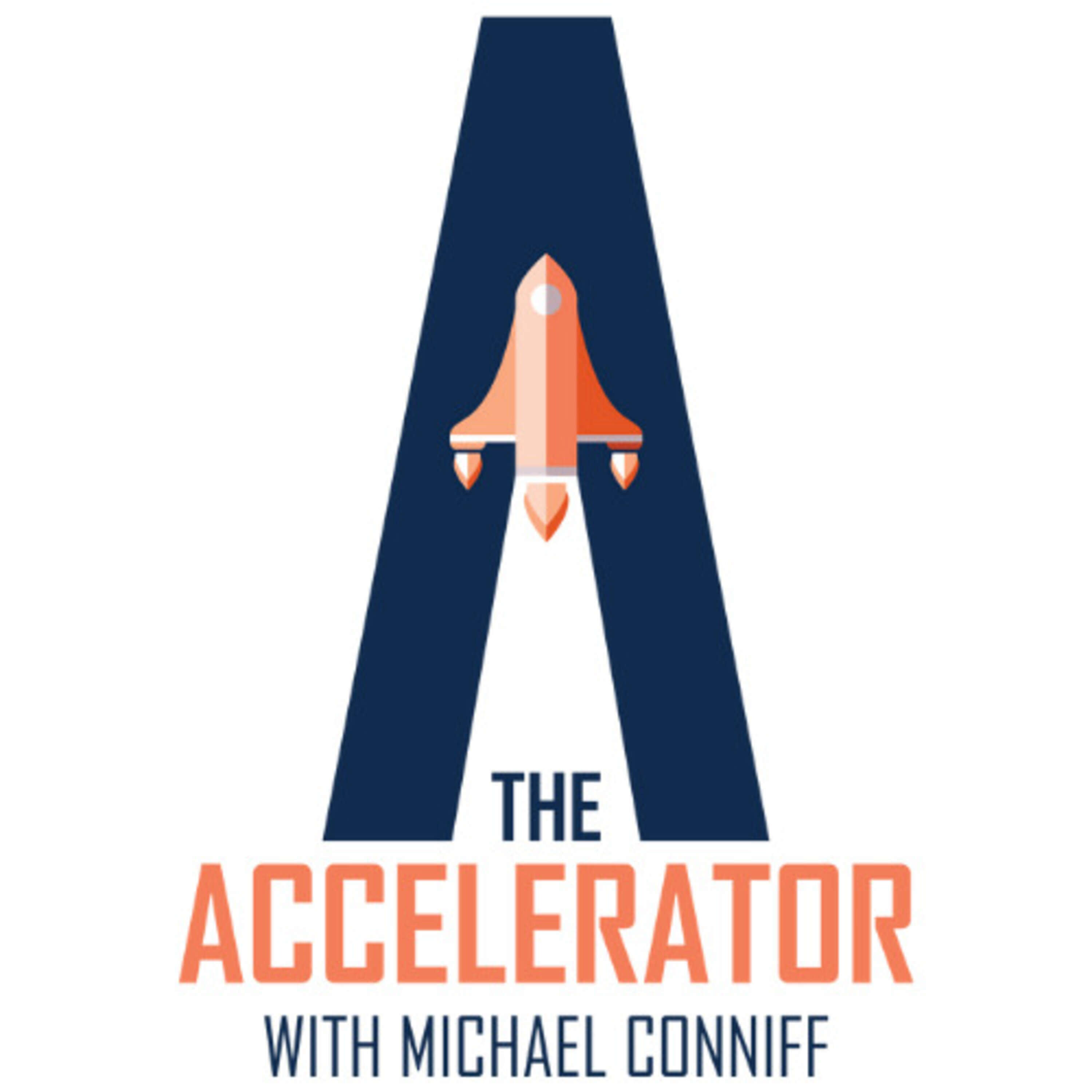- After-Shows
- Alternative
- Animals
- Animation
- Arts
- Astronomy
- Automotive
- Aviation
- Baseball
- Basketball
- Beauty
- Books
- Buddhism
- Business
- Careers
- Chemistry
- Christianity
- Climate
- Comedy
- Commentary
- Courses
- Crafts
- Cricket
- Cryptocurrency
- Culture
- Daily
- Design
- Documentary
- Drama
- Earth
- Education
- Entertainment
- Entrepreneurship
- Family
- Fantasy
- Fashion
- Fiction
- Film
- Fitness
- Food
- Football
- Games
- Garden
- Golf
- Government
- Health
- Hinduism
- History
- Hobbies
- Hockey
- Home
- How-To
- Improv
- Interviews
- Investing
- Islam
- Journals
- Judaism
- Kids
- Language
- Learning
- Leisure
- Life
- Management
- Manga
- Marketing
- Mathematics
- Medicine
- Mental
- Music
- Natural
- Nature
- News
- Non-Profit
- Nutrition
- Parenting
- Performing
- Personal
- Pets
- Philosophy
- Physics
- Places
- Politics
- Relationships
- Religion
- Reviews
- Role-Playing
- Rugby
- Running
- Science
- Self-Improvement
- Sexuality
- Soccer
- Social
- Society
- Spirituality
- Sports
- Stand-Up
- Stories
- Swimming
- TV
- Tabletop
- Technology
- Tennis
- Travel
- True Crime
- Episode-Games
- Visual
- Volleyball
- Weather
- Wilderness
- Wrestling
- Other
Pat Riley: How to Make an Impact with Your Startup through Accelerators
In this episode of The Accelerator with Michael Conniff, we speak with Pat Riley, the CEO of Morrow and Managing Partner at Morrow Ventures.
The conversation starts off with Pat explaining the mission of Morrow. The mission of Morrow is to give startups the power to create and grow their business and to make an impact wherever they call home. Pat believes that accelerators are the best way to do this, as they provide startups with the necessary support, data, tools, and community.
He also explains the difference between an accelerator and an incubator, and why he prefers the former. An accelerator is a type of investment vehicle that usually selects five to 10 fully formed companies and provides them with office space, mentorship, and funding for three to six months. The program typically ends with a demo day, where the startups pitch their ideas to potential investors.
An incubator, on the other hand, is a service that offers similar support to fully formed companies, but without investing in them. Instead, the startups pay a fee to the incubator for using its facilities and resources. The main difference between an accelerator and an incubator is the financial arrangement and the duration of the program. Startups in an incubator can stay as long as they need unless they grow too big or fail.
In this episode, you will also hear about work-life balance and whether this is possible for entrepreneurs. Michael and discuss whether work-life balance is taught or modeled. Pat believes that success for entrepreneurs is supposed to extend to the family level and not just about making money. Pat talks about the structures in place at Morrow Ventures that promote work-life balance.This is a podcast that will inspire you to pursue your dreams and make a difference in the world. Tune in to The Accelerator with Michael Conniff and Pat Riley today!

